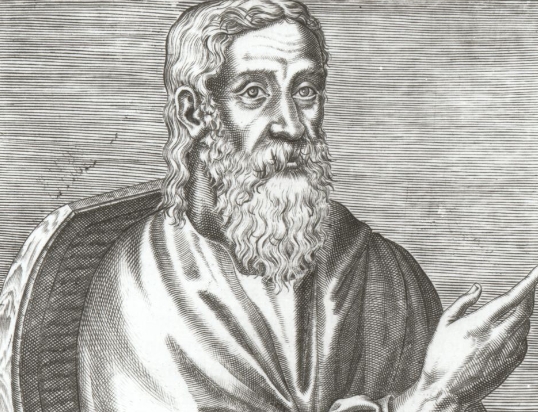Clement of Alexandria was an influential Christian theologian who lived in the 2nd and 3rd centuries AD. His life and teachings have had a lasting impact on the development of Christian thought and theology.
Background of Clement of Alexandria
Clement was born in Athens, Greece, around the year 150 AD. He was a well-educated philosopher and scholar who eventually converted to Christianity. He traveled widely, studying under various teachers and eventually settling in Alexandria, Egypt.
Teachings of Clement of Alexandria
Clement’s writings cover a wide range of theological topics, including ethics, metaphysics, and the interpretation of Scripture. He emphasized the importance of moral living and the pursuit of knowledge as a means of drawing closer to God.
His most famous work, the “Stromata” or “Miscellanies,” is a collection of writings on various subjects, including philosophy, science, and religion. In it, Clement argues for the harmony of faith and reason, seeking to show that Christianity is compatible with Greek philosophy.
Clement also advocated for the importance of the role of the church in guiding and instructing believers. He believed that the church was a source of wisdom and knowledge, and that Christians should seek to learn from its teachings.
Legacy of Clement of Alexandria
Clement’s teachings had a profound influence on later Christian thinkers, such as Origen and St. Augustine. His emphasis on the importance of moral living and the pursuit of knowledge continues to be relevant to Christians today.
Clement of Alexandria’s legacy is one of intellectual rigor and spiritual depth. His writings challenge believers to think deeply about their faith and how it can be lived out in the world. His teachings remind us that the Christian life is one of continual growth and learning, seeking to draw closer to God through both our hearts and our minds.

